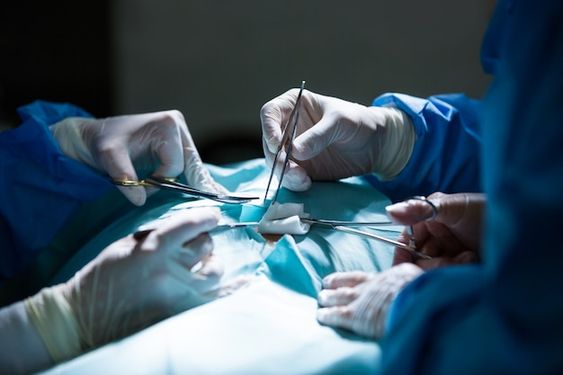Introduction:
A hernia occurs when an internal organ or tissue pushes through a weak spot in the surrounding muscle or connective tissue. This can create a noticeable bulge or lump, often accompanied by discomfort or pain. Hernias are common, affecting millions of people worldwide, and can occur in various areas of the body, including the abdomen, groin, and diaphragm.

While some hernias may be small and asymptomatic, others can cause significant discomfort and potentially lead to serious complications if left untreated. Hernia repair surgery is a common and effective procedure to address hernias and prevent further complications. This article will discuss the different types of hernia repair surgeries and what to expect during the recovery process.
Understanding Hernia Repair Surgery:
Hernia repair surgery aims to return the protruding tissue or organ to its original position and strengthen the weakened abdominal wall. There are two main surgical approaches to repair hernias:
1. Open Hernia Repair: This traditional approach involves making a larger incision in the abdomen or groin area to directly access the hernia. The surgeon then repositions the herniated tissue and repairs the weakened muscle wall using sutures. In some cases, a surgical mesh may be implanted to reinforce the repair and reduce the risk of recurrence.
2. Minimally Invasive Hernia Repair: This approach utilizes laparoscopy, a technique that involves several small incisions in the abdomen. A laparoscope, a thin tube with a camera attached, is inserted through one incision, allowing the surgeon to view the hernia and surrounding structures on a monitor. Surgical instruments are inserted through the other incisions to repair the hernia using mesh. Minimally invasive surgery typically results in less scarring, reduced postoperative pain, and faster recovery times compared to open surgery.
Choosing the Right Approach:
The most appropriate surgical approach for hernia repair depends on factors such as the size and location of the hernia, the patient's overall health, and surgeon preference. Your doctor will evaluate your individual circumstances and recommend the best course of treatment for you.

.jpg)